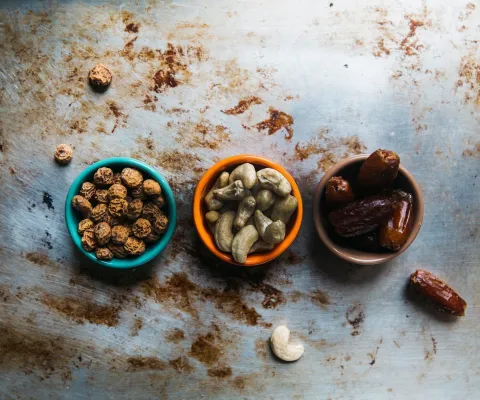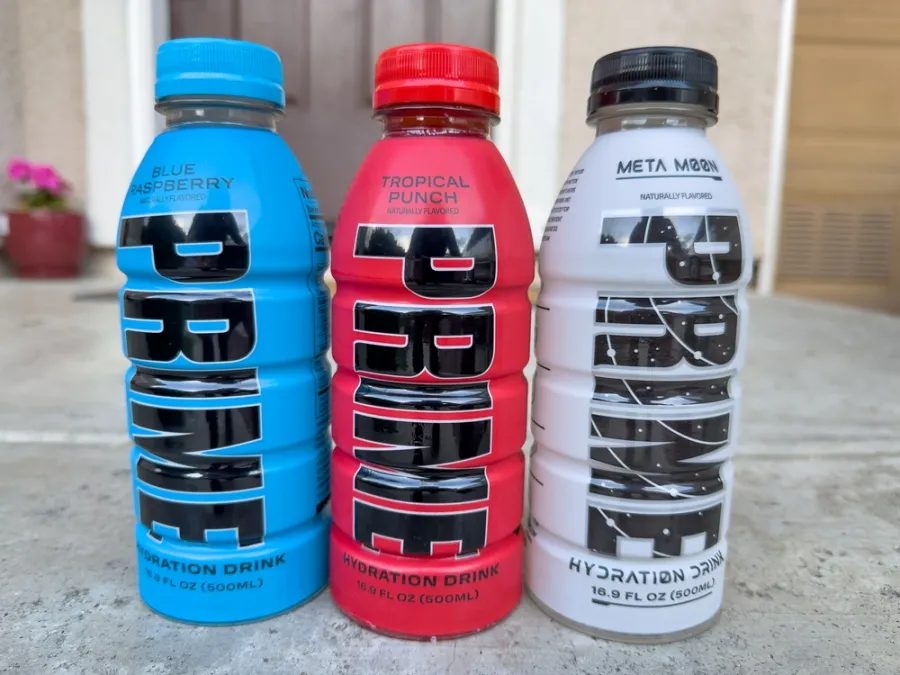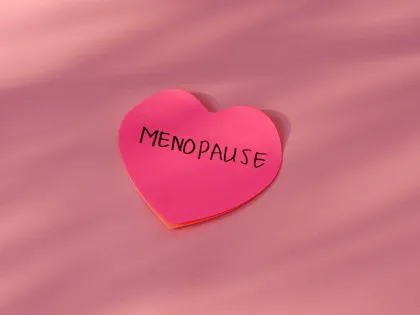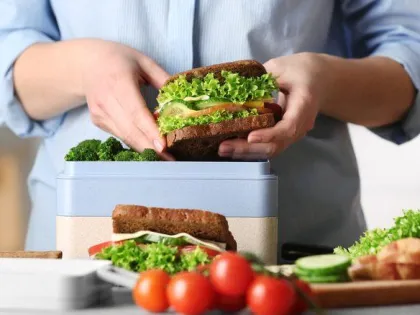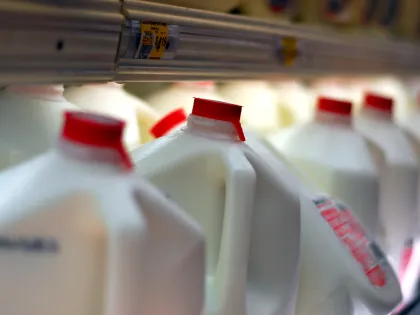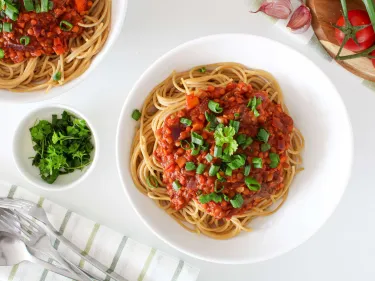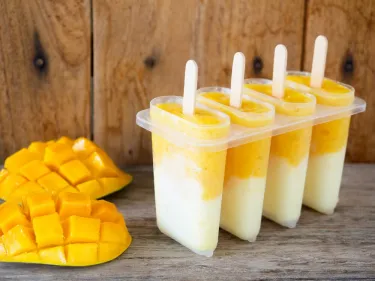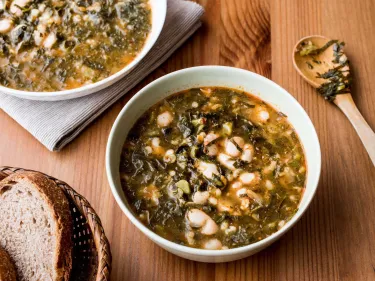PRIME Drinks, the latest hype amongst pre-teens or teens. Sold as a hydration drink, energy drink and powder concentrate to mix with water, these supplement drinks were created by two social media influencers, with relationships to professional boxing and wrestling, but are most well-known for their YouTube presence. Both PRIME Hydration and PRIME Energy can be bought in Australia, online and in store (Hydration only). The status of the two influencers, who have a strong following of pre-teens and teens are likely to have led to the hype around these drinks and why they sold out quickly when they launched.
What are PRIME drinks?
PRIME Hydration.
PRIME Hydration is intended as a hydration and recovery drink to be consumed after intense exercise (more than one hour). The primary ingredient being Branched Chain Amino Acids (BCAAs), which many believe to support endurance, muscle recovery and muscle mass development, however the evidence doesn’t substantiate these claims enough that they’d be recommended to most athletes (recreational and elite). The other issue being that BCAAs haven’t been tested in children, and therefore their safety is unknown.
PRIME Hydration is sugar free, using artificial sweeteners sucralose and acesulfame which are known to have a laxative effect. In the amounts available in these drinks they are likely to have a laxative effect on children, though perhaps not in adults.
The Vitamin A content of PRIME hydration is very high at 900µg per bottle. Vitamin A is a fat-soluble vitamin that we get from eating foods such as eggs, dairy, and red and orange coloured vegetables, and supports a healthy immune system and eye health. As a fat-soluble vitamin, when you consume too much Vitamin A, the excess gets stored in the body and can be toxic. The effects of Vitamin A toxicity include seizures, headaches and blurred vision. For children (9-13 years old) the Recommended Daily Intake of Vitamin A is 600µg, which is significantly less than what is contained in a single 500mL bottle of PRIME Hydration.
Labelling on the PRIME Hydration drinks suggest that these drinks shouldn’t be consumed by children under 15 years.
PRIME Energy
PRIME Energy is intended as an energy drink, similar to Red Bull or Mother. The drink itself is low in kilojoules, with 84kJ and 200mg of caffeine per 355L can. This is equivalent to 6 times the amount of caffeine in a 375mL can of Coke, and double that in a can of Red Bull. In adults, guidelines suggest that people consume less than 400mg per day of caffeine (from all sources including coffee, tea, soft drinks and chocolate), and less than 200mg per occasion. For children a safe level of caffeine hasn’t been determined, though it is suggested that children consume less than 2.5mg/kg/day, which for most children will be less than 100mg/day.
In adults’ caffeine has been found to improve performance and increase exercise capacity by reducing perceptions of fatigue. With recommendations for caffeine intake to support sports performance around 2-3mg/kg, which is roughly 200mg of caffeine. However, the quantity of caffeine in supplements, such as PRIME Energy are largely unregulated and could exceed the reported 200mg/can.
Labelling on PRIME Energy suggests that these drinks shouldn’t be consumed by children under 18 years old.
The bottom line
PRIME Hydration and Energy drinks state on their labelling that children aged 15 and 18 years old respectively should not consume these drinks. However, given the audience of the two influencers, both Hydration and Energy drinks have established popularity amongst pre-teens and teens, which has raised reasonable concerns about how safe these drinks are for children and whether they should be sold in Australia.
Whilst these drinks can be purchased in Australia, they have been classified as a supplement, rather than a food or drink, which is far less stringent.
The science tells us that replenishing your fluid and energy requirements post strenuous physical activity is necessary to support recovery and future sports performance. However, it is unlikely that there would be significant benefits offered by drinking PRIME Hydration over water for most recreational athletes. Whilst caffeine as a supplement has been found to be effective in enhancing sports performance, many people respond differently to different amounts of caffeine, and 200mg caffeine/occasion may have undesirable side effects, such as jitteriness, fast heart rate and increased bowel motility.
For children, the safety surrounding the key ingredients in both of these drinks has not been established in the instance of BCAAs, and the excessive amounts of Vitamin A and caffeine may pose health risks to children who consume them.
Credit: Dr Rebecca Collins, Accredited Practising Dietitian and Lecturer at the University of Newcastle
